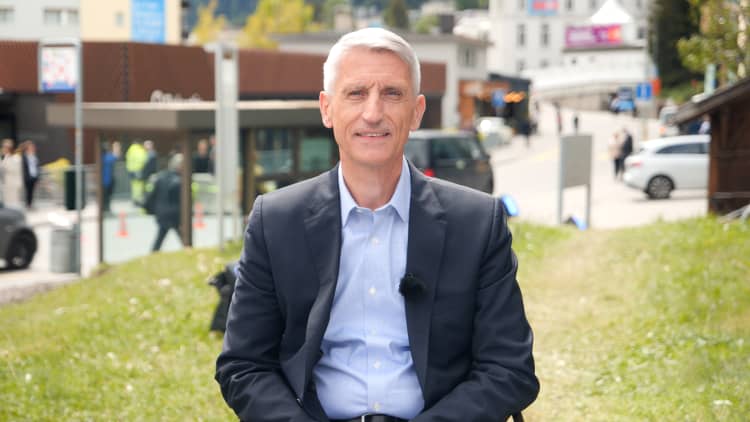Move over, Elon Musk and Richard Branson: A Canadian company wants to join the fight for better high-speed train travel.
Toronto-based TransPod recently unveiled plans for a “FluxJet,” a fully-electric transportation system that’s “a hybrid between an aircraft and a train.” The project, currently in the conceptual stage, would involve 82-foot-long, magnetically levitated trains that would carry passengers at roughly 621 miles per hour.
That’s faster than a commercial jet, and roughly three times the speed of most high-speed trains — with zero emissions, no less. The FluxJet would rely on “contactless power transmission,” where the train would pull power from the existing electric grid through magnetic fields, the company says.
The levitating train’s aerodynamic design is meant to reduce friction. But the FluxJet’s theoretical ability to outpace jets and high-speed trains rests on technology influenced by “veillance flux,” a relatively new field of physics. The company released a video in July showing off the FluxJet’s design process, including quick looks at how the technology works and concept animations showing what the final version could ultimately look like:
TransPod says the cost for passengers to travel on the FluxJet will be 44% less than the cost of a plane ticket. To start, the company plans to build a nearly 200-mile vacuum tube network between the Canadian cities of Edmonton and Calgary.
Under this plan, trains would depart every two minutes and carry up to 54 passengers and 10 tons of cargo on each trip. The 175-mile trip between the two cities would take just 45 minutes, the company says.
An $18 billion undertaking
That’s the good news. The bad news is that even optimistically, this transit system is many years and billions of dollars away.
In March, TransPod raised $550 million in funding from British investors Broughton Capital Group and the Chinese state-owned China-East Resources Import & Export Co. That money is financing ongoing research and development, plus plans to build a test track and conduct high-speed tests between 2023 and 2027.
The company says it wants to begin construction on its inter-city FluxJet line by 2027. TransPod also says the project will ultimately cost $18 billion, which means it’ll need to raise a lot more money between now and then — whether from private investors, government funding or both.
TransPod’s FluxJet would be able to carry up to 54 passengers at speeds of more than 620 miles per hour.
Source: TransPod
TransPod claims the expenditure will be well worth it, projecting that the FluxJet system’s construction will create “up to 140,000 jobs” and add $19.2 billion to the area’s gross domestic product (GDP). The system would reduce carbon dioxide emissions by 636,000 tons per year once constructed, TransPod says.
Richard Branson’s Virgin Hyperloop One previously announced plans for a similar ultra-high-speed gliding train system, intended to ferry human passengers at speeds up to 760 miles per hour. Virgin’s prototype floating pods have so far topped out at roughly 240 miles per hour in tests, and the company recently laid off 111 staffers while refocusing on transporting freight instead of people.
Similarly, Elon Musk’s The Boring Company has been digging underground tunnels in Los Angeles and Las Vegas for years now — hoping to eventually fill them with high-speed “hyperloop” transportation systems that move passenger pods at speeds above 600 miles per hour.
So far, the tunnels have only been used to transport Tesla vehicles, at speeds topping out at roughly 50 miles per hour. Musk tweeted in April that he wants to begin “full-scale testing” of a hyperloop later this year.
Sign up now: Get smarter about your money and career with our weekly newsletter
Don’t miss:
This $310,000 all-electric luxury RV has heated floors and Elon Musk’s internet—take a look inside
Elon Musk says Tesla’s humanoid Optimus robot ‘will be worth more than the car business’


